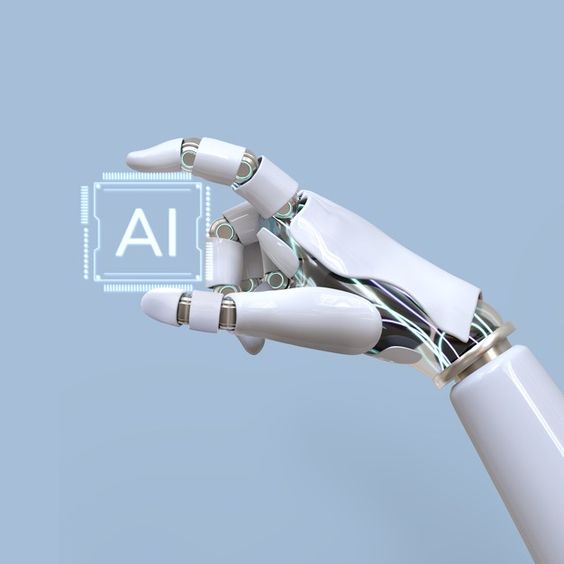The metaverse, a term coined by Neal Stephenson in his 1992 science fiction novel Snow Crash, is rapidly transitioning from science fiction to reality. It is a collective virtual shared space, created by the convergence of virtually enhanced physical reality and physically persistent virtual space, including the sum of all virtual worlds, augmented reality, and the internet. This article delves into the implications of this emerging digital frontier on individuals.
Identity in the Metaverse
Central to the metaverse experience is the concept of identity. Users will have the opportunity to create digital avatars that represent them in this virtual world. These avatars can be personalized extensively, from appearance to personality traits. However, the question arises: how will these digital identities impact our sense of self?
- Digital Doppelgangers: As avatars become increasingly sophisticated, blurring the lines between the physical and digital self, it’s crucial to consider the psychological implications. Research from Stanford University’s Virtual Human Interaction Lab has explored how people form attachments to their virtual representations.
Source: Stanford University’s Virtual Human Interaction Lab
- Privacy Concerns: The creation of detailed digital identities raises significant privacy concerns. With the potential for data breaches and misuse, protecting personal information in the metaverse is paramount.
Source: [Insert relevant privacy research or reports]
Social Interactions in the Metaverse
The metaverse promises to revolutionize social interactions. Virtual worlds can facilitate new forms of connection, from virtual concerts to digital classrooms. However, the implications for social dynamics are complex.
- Online Communities: The formation of online communities within the metaverse can foster a strong sense of belonging. However, there’s a risk of reinforcing existing social divides or creating new ones.
Source: Research on online communities and social capital
- Digital Etiquette: As with any new social space, developing appropriate etiquette for the metaverse is essential. Issues such as cyberbullying and harassment require careful consideration.
Economic Opportunities in the Metaverse
The metaverse is poised to become a significant economic driver. Digital assets, virtual real estate, and virtual goods will create new markets.
- Virtual Economies: The creation of virtual economies presents opportunities for entrepreneurship and job creation. However, it also raises questions about economic inequality.
Source: Research on virtual economies and digital currencies - Digital Ownership: The concept of ownership in the digital realm is complex. Issues of intellectual property and digital rights management will need to be addressed.
Challenges and Opportunities
While the metaverse holds immense promise, it also presents challenges. Technical limitations, such as latency and hardware requirements, need to be overcome. Additionally, ensuring accessibility for people with disabilities is crucial.
- Digital Divide: The metaverse has the potential to exacerbate existing digital divides. Efforts to bridge this gap are essential for inclusive growth.
Source: Reports on digital divide and digital equity
Conclusion
The metaverse is still in its infancy, but its potential impact on society is undeniable. By understanding the opportunities and challenges, we can shape the metaverse into a space that benefits everyone. As this digital frontier continues to evolve, it’s essential to approach it with a critical and informed perspective.
Note: To strengthen this article, consider adding specific examples of current metaverse platforms or projects. Additionally, incorporating expert opinions or interviews would enhance its credibility.
Would you like to focus on a specific aspect of this topic, such as the metaverse’s impact on education or healthcare?
Article writer: Nourhan Awad
Sources
www.aircards.co/blog/how-brands-can-tap-into-the-ar-metaverse

